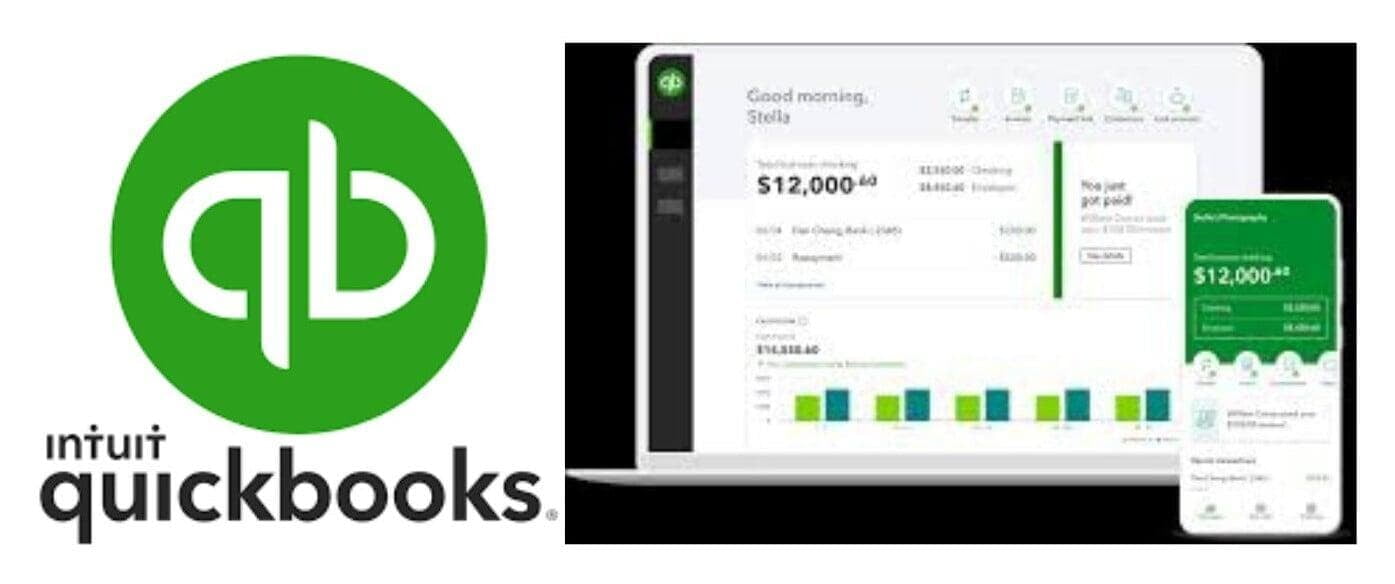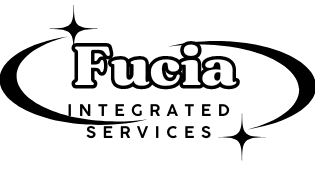As a small business owner, having the right accounting software can significantly streamline your financial operations and save you time and money. However, with so many options available, selecting the best software for your business can be overwhelming. In this guide, we'll discuss key factors to consider when choosing accounting software, as well as popular options to explore.
Popular Accounting Software Options for Small Businesses:

QuickBooks:
A popular choice for small businesses, offering various plans to suit different needs.

Xero:
Xero is good for small businesses. It performs bookkeeping functions like invoicing and payroll and allows you to connect the program to a live bank feed.

FreshBooks:
Designed specifically for freelancers and small businesses, focusing on invoicing and expense tracking.
FreshBooks is a cloud based accounting software designed for solo business owners, freelancers and sole proprietors. The software makes it easy to stay organized, keep track of payments owed and expenses made, send invoices and accept payments.

Wave:
A free accounting software with premium features available for a fee.
Wave mobile app is an integrated, on-the-go solution for small business owners, creators, freelancers, consultants, and contractors. Send customized, professional invoices and estimates and keep track of your business expenses in one place! Add optional online credit card and bank payment processing to get paid even faster.
Would you like to know more about any of these accounting software options or do you have further questions?
Post your queries in the comment section below or reach out to us via email customercare@ucifinancialsltd.com
